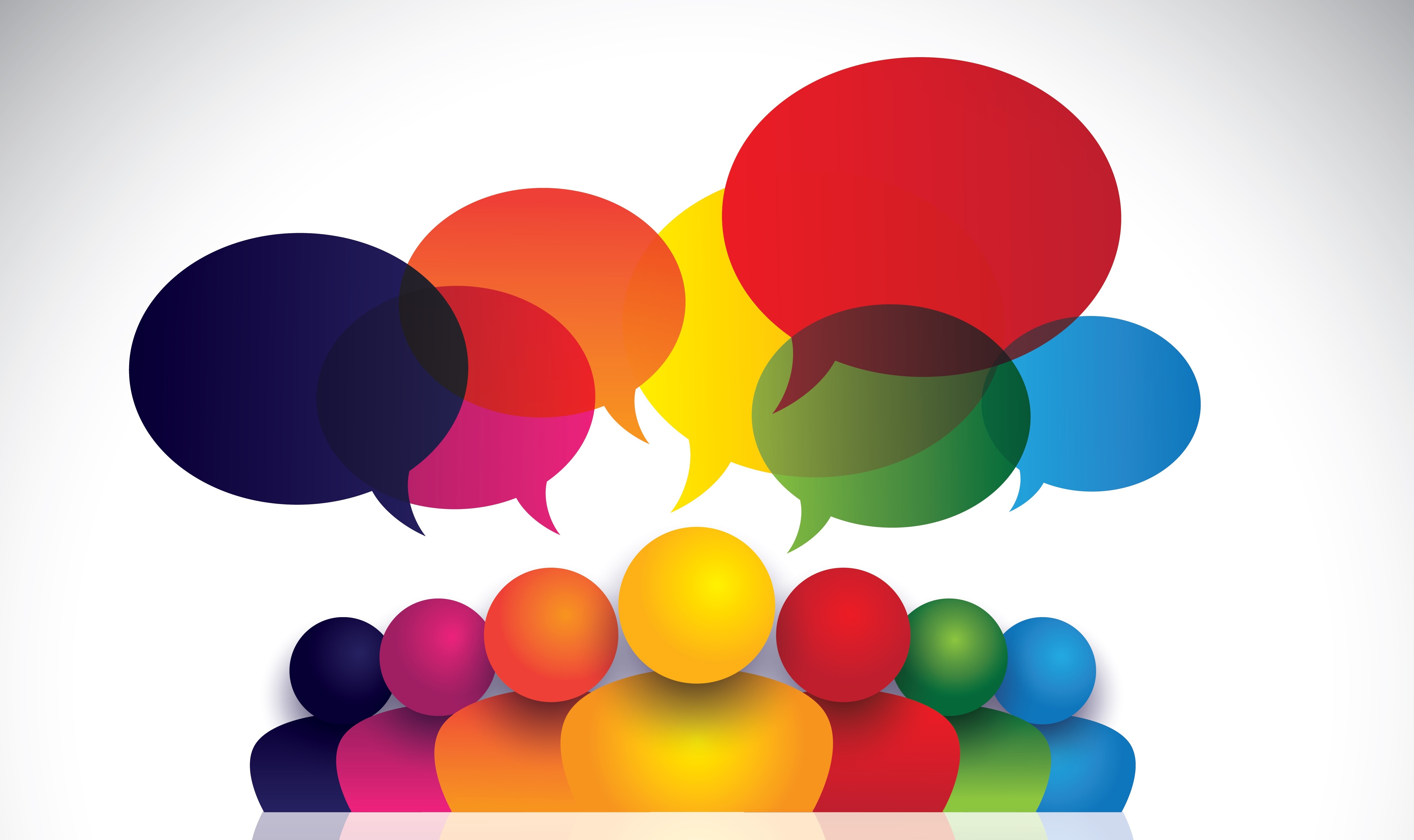November is Native American Heritage Month
 Celebrating Native American Heritage Month and including it in lesson plans is easier with the resources below.
Celebrating Native American Heritage Month and including it in lesson plans is easier with the resources below.
Our
Senate Bill 13 Tribal History/Shared History page on the ODE website should be your first stop. It represents years of collaboration with Oregon’s tribal governments in an effort to tell the entire story of Oregon’s history and the culture of today. The page is packed with resources including lesson plans and professional development. Bookmark the page because new information is being added regularly. And don’t forget to
subscribe to the Office of Indian Education’s monthly newsletter!
The Smithsonian network of museums in Washington, D.C., includes the National Museum of the American Indian whose website has
pages dedicated to helping K-12 educators. Be sure to check out the resources dedicated to teaching more accurately and
thinking more broadly about the Thanksgiving story.
Closer to home, the Oregon Historical Society has a resource on their website called
Experience Oregon which is the cornerstone of their museum experience.
The best part is that all of this information is available year-round. So let Native American Heritage Month be the launching point for continuing to include this perspective in classes throughout the school year!
Guidance & Resources for Navigating Discussions on Recent Events in Israel and Gaza
 Coverage of the terrorist attacks by Hamas and Israel’s response of a declaration of war continues to play out on TV and social media. Similar to
the crisis in Ukraine, the effects are far-reaching. Horrific images of the loss of life and destruction can cause psychological distress among students and adults.
Coverage of the terrorist attacks by Hamas and Israel’s response of a declaration of war continues to play out on TV and social media. Similar to
the crisis in Ukraine, the effects are far-reaching. Horrific images of the loss of life and destruction can cause psychological distress among students and adults.
Oregon is home to students and staff with cultural and family ties to Israel and Palestine and has seen a
rise in antisemitic and
Islamophobic incidents. As educators, we can provide a space for all community members to learn about current events, ask questions, and share thoughts.
It's likely students have been following these events, overheard conversations, and will continue to see images on social media. They will most likely be curious about the cause and impacts this war may have both globally and locally. To help students better understand this event and to place it in a broader context, we've gathered history/social science, mental health, and social and emotional learning resources to support teachers and families in assisting students.
It is also important to recognize that the adults in student's lives, including teachers, may also experience a range of emotions from the unfolding news reports and information shared by friends and family in the region. Please take care of yourself and seek support as needed.
In
October's Social Science Newsletter, you’ll find the following resources:
-
Mental Health and Wellness Resources to support both students and staff.
-
Quick Reference to Applicable Oregon Standards for aligning classroom discussions.
-
Newly Updated Teaching Resources to provide fact checked information.
-
Resources for Civil Discourse to promote constructive conversations.
-
Oregon Open Learning and Social-Emotional Learning Resources for a comprehensive understanding and support mechanism.
A
resource for families and educators from the National Association of School Psychologists and
one specifically for parents and caregivers from HealthyChild.org are also recommended.
Our highest priority remains consistent: to facilitate the intellectual and emotional growth of our students in a safe, compassionate, and rigorous environment. Let's work together to ensure that our classrooms remain spaces of knowledge, empathy, and belonging.
Your insights are crucial, and we invite your input on how we might further support you or suggest resources that could be of assistance.